“The price of love is always just above that what your heart can afford”
— Colin Tegerdine, Unknown Book 13072845
I recently read a Young Adult fiction series (yes, I admit, I am slightly addicted to all the 'end of the world, teenage girl saves humanity from plague/pestilence/pure apathy' books out there) which had an intriguing theme.
What if romantic love was viewed as a disease, and you could be 'cured' of it? If, instead of going through crushes, and infatuation, and yes, lust - one instead had an operation, lost the desire to love - and be loved - and was simply matched with a suitable mate - suitable intellectually, socio-economically, physically? No arguing, no tension, no 'you don't love me' screaming matches?
Apart from the fact that this series really lost the plot (literally), it did make me wonder; because so, so often, romantic love causes some fairly hefty problems. Wars are fought in the name of love - yes, hello, Helen of Troy. You fall in love with someone who doesn't return the sentiment. You don't love someone the way they love you. You have a habit of falling out of love as soon as the honeymoon stage is over and reality sets in - and then you have no idea how to extricate yourself from what you realise is not really your cup of Love Potion Number 9.
So would life be better without Cupid's arrow inveigling its way into our lives? What if amour was, in fact, no more?
I can't imagine anything worse.
Love is painful. It is often unkind, causes tears, obscenely excessive chocolate consumption and glugging of wine straight from the bottle. It is hurtful, because if we care deeply for someone, the desire to hurt if we are slighted comes straight to the fore. Jealousy, anger, the agony of unrequited love - yep, they are all hand in hand with true love.
And yet.
Love is what makes life likeable. It is a shelter and a comfort; if you are fortunate enough to find someone to love, and who loves you back, then life can pretty much go to hell in a handbasket - and it won't matter. Because you have somebody to support and strengthen you. Who is willing to let their own needs go in order to make your life the best it can be.
The best kind of love is all of the things certain religious volumes talk about (and getting a positive message there is a huge achievement, so don't discount it.) Love is patient. Love is kind. Love has no pride.
Art, music, literature, theatre, movies, dance - where would they be without smoochiness? Casablanca would be a blank. Gone With The Wind - who would care if tomorrow was another day? And as for Jane Austen... Jane who?
Love separates us from our baser instincts. It gives us our humanity and our humour. It makes us honest. It makes us - us.
'I love you'.
Three words.
And a lifetime of discovery.
As Billy Bragg says, 'that's the price I pay for loving you the way that I do'...
Send me the account. It's worth every penny.




 I was at the NGA yesterday with
the Dread's delightful parents (yes pirates have parents - where do you
think they come from - treasure chests?) Anyway, the work of the
above-quoted artist is currently on special exhibit there, which is
wonderful for the NGA and for Canberra, particularly in her big birthday
year.
I was at the NGA yesterday with
the Dread's delightful parents (yes pirates have parents - where do you
think they come from - treasure chests?) Anyway, the work of the
above-quoted artist is currently on special exhibit there, which is
wonderful for the NGA and for Canberra, particularly in her big birthday
year.










